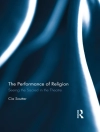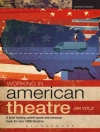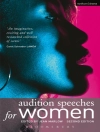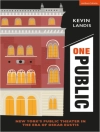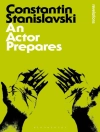Charles Crichton is perhaps best remembered as the director of the unlikely blockbuster hit
A Fish Called Wanda, made when he was seventy-seven years old. But the most significant part of his career was spent at Ealing Studios in the 1940s and 1950s, working on such beloved comedies as
Hue and Cry,
The Lavender Hill Mob and
The Titfield Thunderbolt. Nonetheless, as this pioneering study of Crichton’s work reveals, his filmmaking skills extended way beyond comedy to wartime dramas and
film noir, and his adaptability served him well when he made the transition into primetime television, working on popular shows such as
The Avengers,
Space: 1999 and
The Adventures of Black Beauty. Featuring first-hand testimony from colleagues ranging from Dame Judi Dench and Petula Clark to John Cleese and Sir Michael Palin, this riveting account of Crichton’s fascinating life in film will appeal to film scholars and general readers alike.
Tabela de Conteúdo
Introduction 1 Cutting for Korda: 1932–35 2 Cutting for Korda: 1936–40 3 The forties: Enter Ealing, 1940–45 4 The forties: 1946–49 5 The fifties: 1950–54 6 The fifties: Exit Ealing, 1954–59 7 The sixties: 1960–64 8 The sixties: 1965–69 9 The seventies: Downsizing 10 The eighties: Ealing Regained Index
Sobre o autor
Neil Sinyard is Professor of Film Studies at the University of Hull


